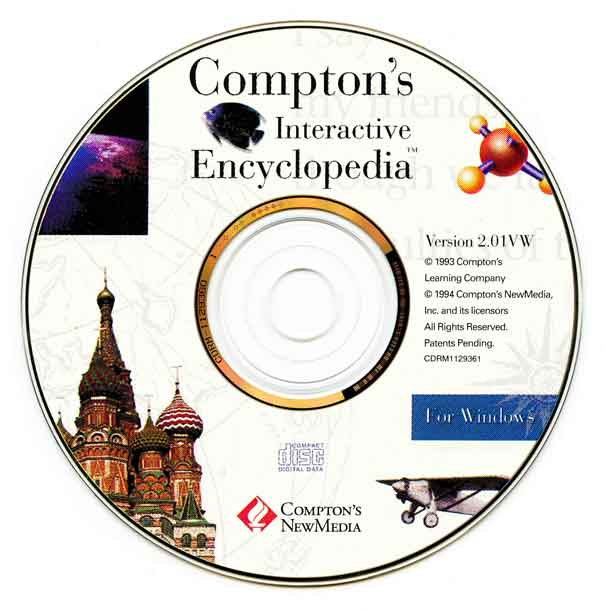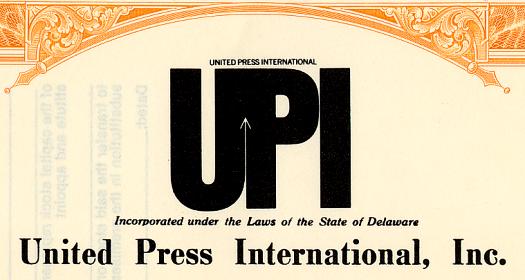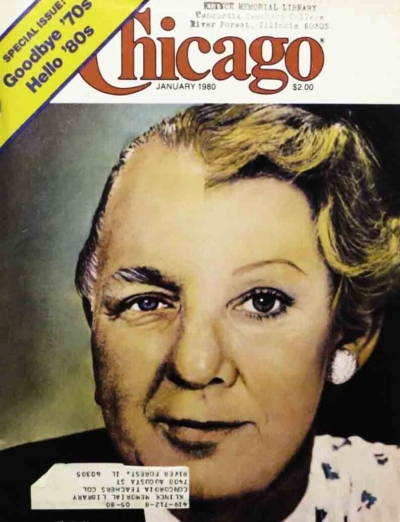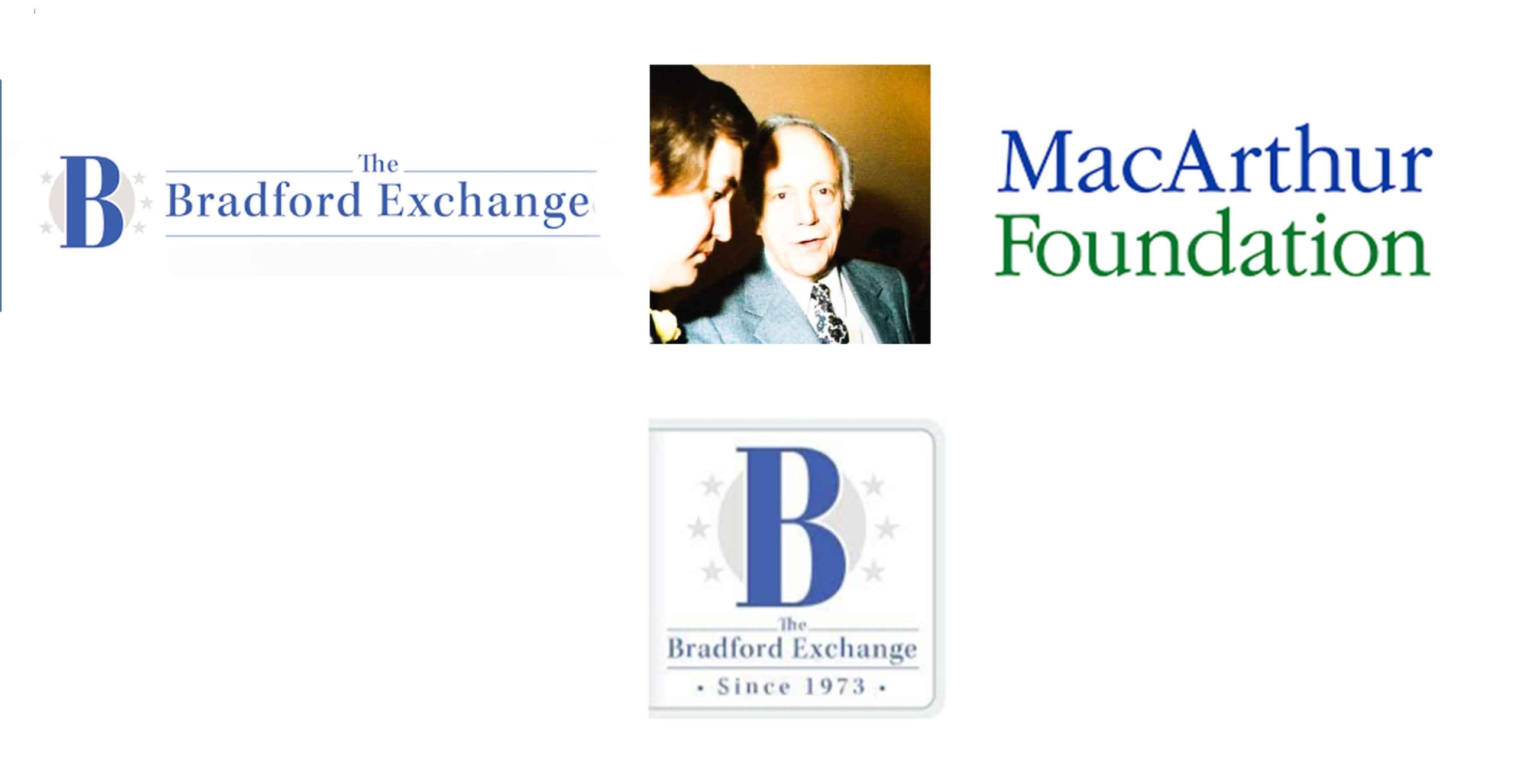As summer 1984 wore on, another Baha’i friend of Ruhe continued to chase payment for enormous consulting fees for an automated accounting system he promised UPI but never delivered. When I joined Kenny and Self urging Ruhe to further postpone payment to this non-critical vendor, Ruhe was adamant in ordering immediate payment. For Self, it was the last straw. She shortly departed for the more pacific world of the Baptist Sunday School Board.
Luis Nogales in his role as UPI’s Executive Vice President in New York increasingly became aware of the company’s dire financial straits. I had no sooner returned to Nashville from completing the sale of UPI’s photographic business in London then Nogales had concluded employee layoffs and salary cuts must be immediately negotiated with the Wire Service Guild, the editorial employees’ union, if UPI was to avoid going under.
Gordon and Cohen in Down to the Wire report that Geissler was blind to this reality and wrote an angry letter to Nogales ordering him out of the negotiations with the wire service union, saying along the way, “All you MBAs think the only way to solve problems is pay cuts and layoffs. The way to do it is sales and marketing and increasing revenues.”
By early August 1984, Ruhe and Geissler could no longer keep the company’s imminent collapse from the union. Wire Service Guild President William Morrisey was astounded when informed of the peril facing the union’s entire membership. UPI owed creditors $20 million and was losing $1.5 million each and every month. Initially, all concerned believed that UPI should do everything it could to avoid bankruptcy, since such news would have an immediate adverse effect on UPI’s customers, and many newspapers would no doubt not renew their subscriptions. Ruhe and Geissler in particular understood that, while not a certainty, UPI filing for bankruptcy could wash them out of any continuing management role and render their ownership interest in the company worthless.
Notwithstanding the fact that UPI President Bill Small continued to turn up in UPI’s New York office every day, as a practical matter in the emerging crisis Luis Nogales was the person running the operations of the company day to day. Luis Nogales was then and throughout his later career a person of integrity and substance.
Coming from humble immigrant origins, Nogales grew up in the agricultural valleys of California near Calexico working as a farm worker. His intellect permitted him to attend college at San Diego State University. In 1969, he graduated from Stanford University Law School. After serving as CEO of UPI, he became president of Univision and served on the board of directors of Levi Strauss & Co., The Bank of California, and other prominent for-profit and not-for-profit corporations.
Not surprisingly, as the company’s financial condition deteriorated, I worked increasingly with Luis both before and after I became UPI’s General Counsel. As his dispute with Ruhe and Geissler came to a head as to who should be managing the company, it wasn’t hard to see what the better outcome for the company would be. With Ruhe and Geissler, you had would-be boy wonders who had briefly gamed the minority lottery set-aside program of the FCC to transitory wealth. Though poor in cash, good sense, and management experience, they were possessed with a high-energy impetuousness and good luck. This had permitted them to leverage their position beyond anyone’s wildest expectations into the ownership and control of UPI. However, having won a prize they were ill-equipped to deal with, they had in short order run UPI into the muck with a speed fast enough to make your head spin.
With the fate of UPI now hanging in the balance, you didn’t have to be a seer at this point to recognize that the company would be better off having its debt and management reorganized under the federal bankruptcy laws. In contrast to Ruhe and Geissler, you had in Nogales the exact opposite choice for someone to carry the company forward in trying times. Trained as a lawyer, and possessed of exceptional leadership and political skills, early in his career he was already an accomplished businessperson with the experience and intelligence to manage a large, global media company in trouble. My sympathies naturally lay on his side as the management conflict with Ruhe and Geissler came to a head. While the lawyer-client relationship between myself and Nogales unfolded in this period, we became good friends as well.
When I later became General Counsel of Encyclopaedia Britannica, former General Counsel of Britannica Newton Minow was one of the company’s directors. Minow was a helpful mentor to me during my tenure in that position, partly I think because he knew and had a high regard for my father’s brother Augustine Bowe, a former President of the Chicago Bar Association. Since I held both Nogales and Minow in great esteem, I couldn’t pass up the opportunity to introduce them to each other. Both had served in the federal government. Luis had been a White House Fellow and Minow had been appointed Chairman of the Federal Communications Commission by President John F. Kennedy. Minow was forever famous for his speech calling the television of the 1950s and early 1960s a “vast wasteland.”
Besides federal service, both had in common being deeply immersed in the television industry, Minow as an attorney and director and Nogales as a manager. The three of us had an engaging visit when Luis came through Chicago, and I had the chance to get the three of us together. I was delighted when Nogales and Minow immediately hit it off, as I suspected they would.
As the UPI saga continued towards the inevitable, after some effort, and with the grudging consent of Ruhe and Geissler, Nogales was able to open the books of UPI to the union and made sure there was transparency as to the company’s ownership structure and finances. Pursuant to his direction, Linda Neal and I spent a long day with the union negotiators in UPI’s Brentwood office unveiling the strange corporate structure of companies Ruhe and Geissler had erected to serve their interests, if not UPI’s. Morrisey and the others were both shocked and angry at what they learned.
With bankruptcy still a real possibility in the short term, the union agreed to job cuts and wage givebacks. The final agreement with the Wire Service Guild called for the wage cuts to expire before the end of 1984.
UPI wasn’t the only thing going south for Ruhe and Geissler at the end of 1984. The use of minority set-asides had indeed brought them success in the early 1980s in winning multiple FCC low-power TV licenses. If the stations were built, the business model at the time was to acquire paying viewers through subscriptions. This early form of pay TV got Channel 66 off the ground in Joliet, Illinois, and Ruhe and Geissler’s Focus Broadcasting Co. drew capital from outside investors for several other small markets. What Ruhe and Geissler hadn’t counted on was the nascent growth of cable television. It ate into what they thought would be a long-term income stream for low-power channels. As 1984 unfolded, the program provider for Channel 66 pulled out, and the channel began to fill its airways with soft-core porn content and music videos. Ruhe and Geissler began trying to switch the channel to a regular commercial station format and sell it to another operator. If a sale couldn’t be accomplished, Ruhe and Geissler’s entire world might crumble around them.
Down to the Wire describes the period this way:
Nogales’s own illusions about the TV sale were short-lived. Not long after he had delivered to employees the owners’ pledge of a cash injection, he recalled later, he was chatting with Ruhe when the subject of the owners’ investing money from Channel 66 came up. “I wouldn’t risk a dollar in UPI,” Ruhe said firmly. Nogales couldn’t believe what he was hearing. He had just put his reputation on the line for the owners. “Doug,” he said, bristling, “I went down and told the staff after clearing it with you that you would put $10 million or $12 million from the proceeds of the [TV] sale into UPI.” Ruhe stiffened. “No, I’m not going to put in a dime,” he declared. On many occasions Nogales had gone out of his way to excuse the shortcomings of the owners, who had hired and promoted him. But now he thought, Ruhe had betrayed him. And betrayed UPI.
With operating cash non-existent, Ruhe decided to borrow from Uncle Sam by not paying the Internal Revenue Service $3 million in employee payroll taxes owed for 1984’s fourth quarter.
I had been careful to make sure Ruhe and all the senior executives were aware of the enormous personal exposure this could bring them. Shorting the IRS is one of the great no-nos of running any business, because the owners or executives responsible for making this decision can end up assuming personal liability for the shortfall if the company itself can’t make good on the debt.
This properly scared the bejesus out of Nogales, Kenny, and others. So, when Ruhe and Geissler still hadn’t been able to sell Channel 66 in early 1985, the proverbial excrement began to hit the fan when it became apparent UPI would be unable to pay the now past-due taxes.
Kenny’s proper response was to promptly inform UPI’s lender, Foothill. Foothill executives were not amused, since in a bankruptcy the IRS’s lien would get top priority, even higher than a secured lender like Foothill.









